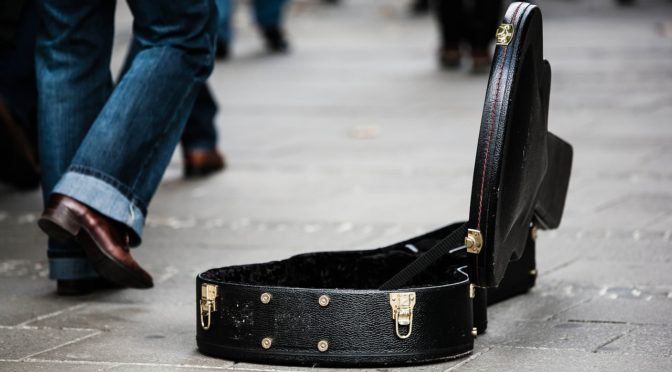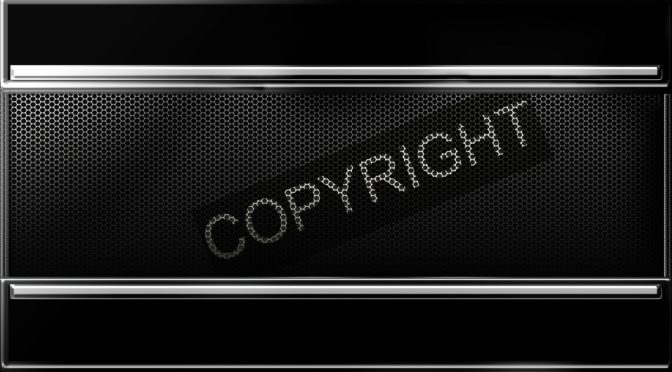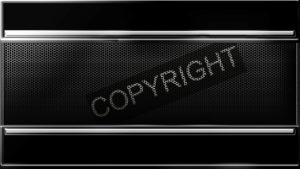by Marcus Paxton, Managing General Agent, Entertainment Division, Take1 Insurance
As a professional musician, you have most likely invested heavily in both your career and your instrument. Your equipment needs to keep you performing at a peak level every time you take the stage or enter the recording studio. As a result, you do everything possible to make you’re your instruments are protected and maintained. But, when it comes to insurance, many musicians simply assume that their standard homeowner’s policy is all that they need to protect their investment.
Put simply, musicians should take the time to ensure their equipment investments are protected against the unexpected. Fire, flood, or theft can impact your livelihood. Many musicians rely on standard homeowners coverage, when specialized business insurance is better suited to protect valuable instruments.
Homeowners insurance is designed to protect the home and its contents when used as a house. Many personal policies actually exclude coverage should a claim arise and there is a business exposure in the home (recording studio), or if the equipment is damaged in a paid performance. Home insurance companies will often agree to cover a music studio in the garage, when alerted in advance. However, the additional premium they charge may end up being more expensive than obtaining a specialized policy to cover the equipment.
Look for commercial insurance carriers with expertise in the entertainment industry to provide enhanced policies designed with the professional, traveling musician in mind. These carriers have a dedicated claims staff that understands the difference between a keyboard and a soundboard. Policies provided by such carriers can provide not only coverage of the cost associated with replacing the damaged or lost equipment, but also coverage of additional expenses such as expedited the delivery of the new instrument to a performer’s next venue, if the artist is out on tour.
Specialized entertainment insurance carriers can also evaluate your business for gaps in current coverage. Coverage from a homeowner’s policy often excludes claims arising from touring activity or even something as common as theft of equipment from an unattended auto. Insurance should be in place to safeguard artists when a third party is injured, or the property of others is damaged, as a result of a performance, or equipment failure. For example, equipment plugged into the venue’s power supply may start a fire, someone might trip over an artist’s electric cable, or a drumstick tossed into the crowd could injure a spectator. These are just a few examples of claims that can occur with touring entertainers—claims that might not be covered by a standard policy.
So, when it comes to protecting the artist and the artist’s equipment with insurance, take the time to review your current policy with an entertainment industry professional who understands the real world challenges that touring professional musicians face every time they take to the road and go on tour.
Marcus Paxton Marcus has more than 18 years of professional experience in the insurance industry with expertise in the area of entertainment industry insurance. If you have additional questions about obtaining insurance for your business you can contact him at: Marcus.Paxton@take1insurance.com




